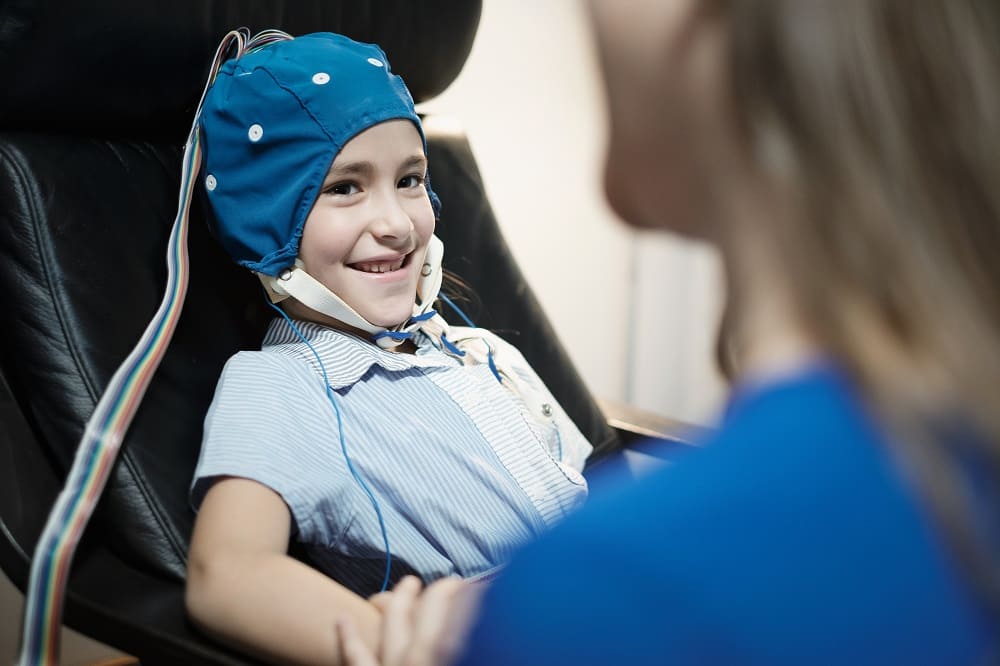Performance/life Enhancement Training Integrating Biofeedback with Special Emphasis on Neurofeedback
This is an edited excerpt from our forthcoming book, The Process, and given as a talk at the Palm Springs Neurofeedback conference in February 1998.
I’m Adam Crane, president of American BioTec and CapScan corporations. We have decided to substantially increase our commitment to the emerging art and science of Peak Performance, Optimum Functioning, or as we prefer to call it Performance / Life Enhancement. We have introduced the term MindFitness which we believe will work well as informal language for the general public. BioFeedback and especially NeuroFeedback is a critically important component of our first program, which is called The Process- MindFitness- Stage I .
We believe that NeuroFeedback provides a niche opportunity in the MindFitness, sub clinical symptom, Read more





